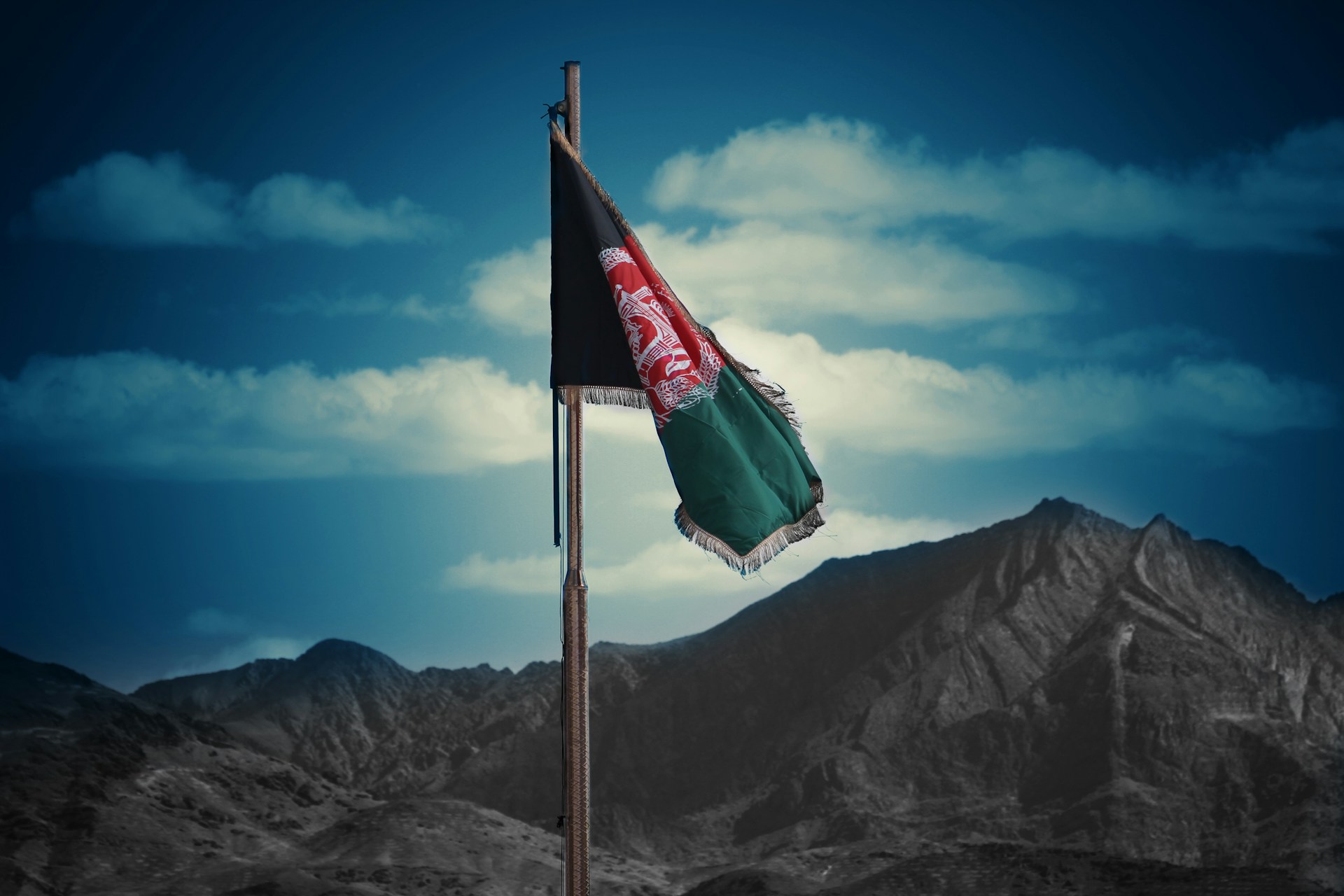Foreign policy involves pursuing national interests on the global stage, and Afghanistan has engaged with the world as a state for over a century. Although its foreign relations have faced interruptions, they have generally expanded over time.
Historically, Afghanistan enjoyed a period of stable foreign relations for about fifty years within the past century. During World War II, the country adeptly navigated its foreign policy to maintain stability amid the influence of major powers.
Many researchers highlight Afghanistan’s geostrategic and geopolitical position as a factor that has influenced its stability during crises. However, Afghanistan’s foreign policy over the past century has been marked by significant shifts. The country’s foreign policy has oscillated between the influences of the British, Soviets, Russians, and, more recently, the Americans and the West. This constant realignment has often disrupted the political stability of Afghanistan.
The key question is why Afghanistan’s foreign policy has been so unstable and how these changes have impacted its political stability.
To explore these issues, we spoke with Professor Dr. Muhammad Osman Rostar Taraki, who provided insights into the complex relationship between Afghanistan’s foreign policy and its political stability.
Sa
Views: 13











